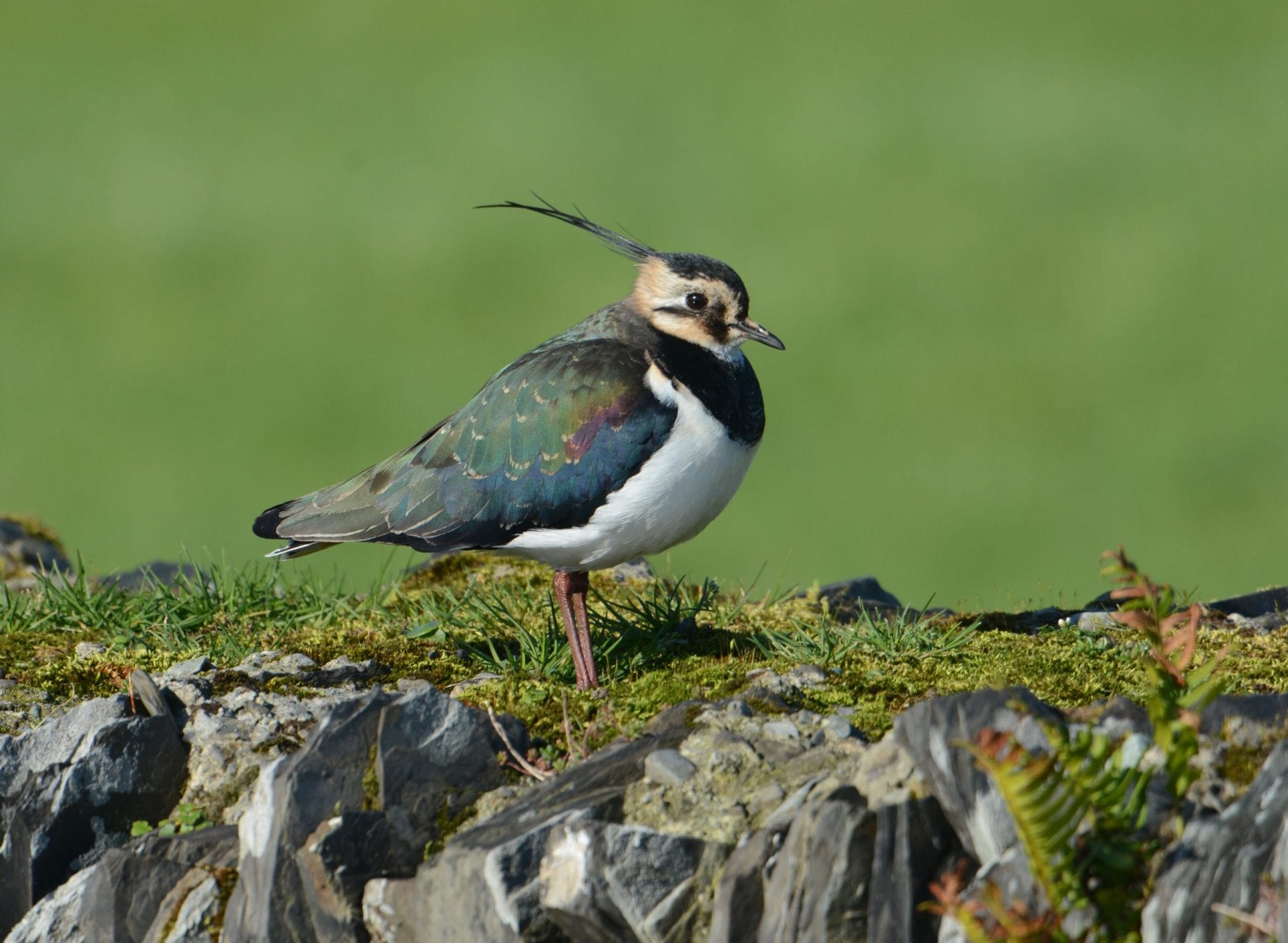By Rosalind Skillen
The climate crisis has a twin: the biodiversity crisis. Climate change and biodiversity loss are not separate issues. They are intertwined crises that demand a unified response.
Insights from the Climate Change Advisory Council (CCAC) Annual Review
BirdWatch Ireland welcomes the Climate Change Advisory Council (CCAC) Annual Review. It reiterates many of the points of advocacy that BirdWatch Ireland has been advancing. It is useful in linking how biodiversity loss impacts our climate goals and vice versa and includes strong recommendations. The declines in wild bird populations in Ireland could see a reversal in fortunes if these recommendations were implemented. However, specific actions for targeted species are also required to halt losses now while habitats are giving a chance to recover. For example, we know that predator proof fences that deter foxes and other mammals from eating the eggs and young of ground-nesting birds is a very effective action, along with predator control where needed. These targeted actions are not tangible in a coordinated way at the moment and this requires dedicated focus.
The inextricable relationship between climate change and biodiversity loss is made clear in the Climate Change Advisory Council 2024 Annual Review on Biodiversity, which highlights the urgent need to address climate change and biodiversity loss in a unified and integrated manner. The report emphasises the interconnectedness of these crises, highlighting that climate change is a significant driver of biodiversity loss, while healthy ecosystems are vital for climate change mitigation and adaptation.
The Review welcomes recent advancements like the EU Regulation on nature restoration and Ireland’s 4th National Biodiversity Action Plan, however, an ambitious National Restoration Plan, with mandated targets, will be essential in reaching climate and biodiversity goals.
The Review also gives a nod to the inclusion of biodiversity in local authority climate action plans. However, there has been limited progress in implementing nature-based solutions and the Review stresses the need for their widespread implementation across sectors and land uses.
Key Recommendations from the Review
The report makes key recommendations for the Irish government, focusing on funding, policy, and research initiatives to support biodiversity and climate action. It also highlights the importance of nature-based solutions and the role of protected areas in climate adaptation and mitigation.
- National Restoration Plan for Nature: The review calls for a robust National Restoration Plan with ambitious, fully costed measures for ecosystem restoration, including financial incentives.
- Funding for Biodiversity: The review stresses the urgent need for increased funding to ensure the success of the 4th National Biodiversity Action Plan. This includes allocating sufficient resources to the Infrastructure, Climate and Nature Fund to protect and restore carbon-rich habitats.
- Integrated Land Use Strategy: The review advocates for an integrated land use strategy aligned with climate, biodiversity, and water goals. This strategy should be grounded in comprehensive habitat and biodiversity data and a clear spatial land use planning framework.
- Protection of Land and Sea: The review urges the government to formulate a credible plan to protect 30% of land and sea by 2030, ensuring the effective management of each protected area based on defined conservation and restoration goals.
- Nature-Based Solutions: The review recommends that the National Biodiversity Working Group oversees the implementation of nature-based solutions across different sectors and land uses, with clear objectives.
- Incentives for Farmers: The review highlights the need for long-term, results-based financial incentives for farmers to adopt nature-friendly management practices. It also emphasizes the importance of national-level monitoring of farmland biodiversity, building on the existing Agri-Climate Rural Environment Scheme (ACRES) approach.
- Research on Climate Impacts: The review calls for a dedicated research program, in collaboration with the broader research community, to understand and adapt to the impacts of climate change on nature. For example, a robust biodiversity monitoring system can help to track progress and evaluate the effectiveness of conservation and restoration efforts. We face critical research gaps, particularly regarding the impacts of climate change on specific species and ecosystems.
- Assessment of Domestic Policies: The review recommends an assessment of how domestic policies might negatively impact climate and biodiversity in other countries. This should aim to prevent the ‘offshoring’ of environmental problems and promote responsible international practices.
A Unified Approach
As it stands, funding and action on biodiversity conservation and restoration in Ireland fall far short. Underestimating the role of biodiversity in limiting climate change impacts is also a missed opportunity. The Review calls for a more unified approach, involving policy frameworks, increased funding, widespread implementation of nature-based solutions and enhanced research and monitoring. And – to address challenges as vast as climate change and biodiversity loss – there needs to be improved and sustained levels of commitment and collaboration from government, communities, businesses, and individuals across the country.


